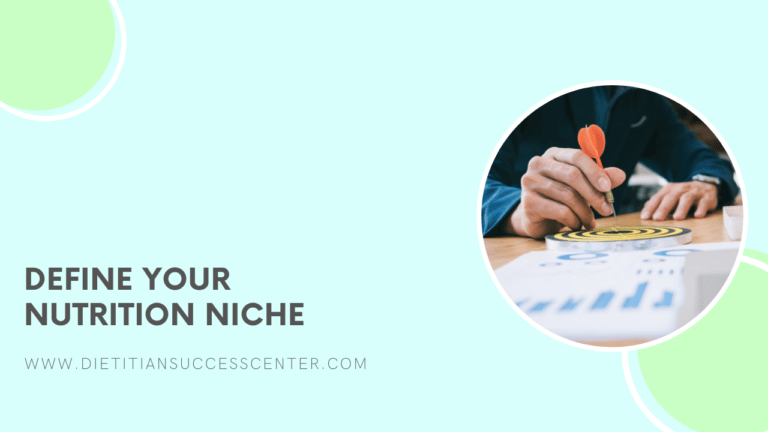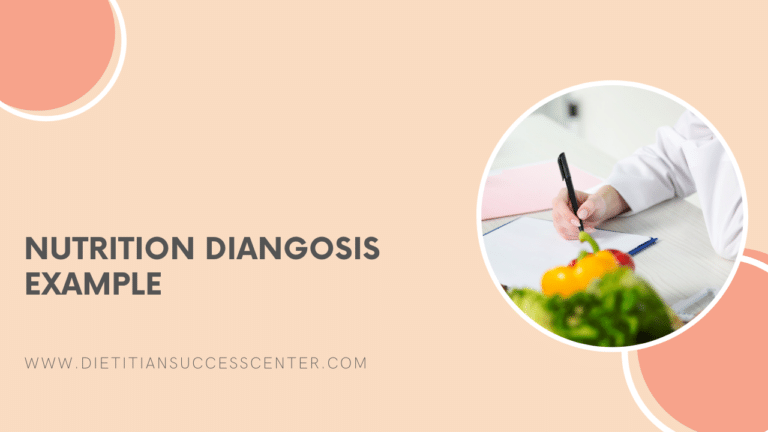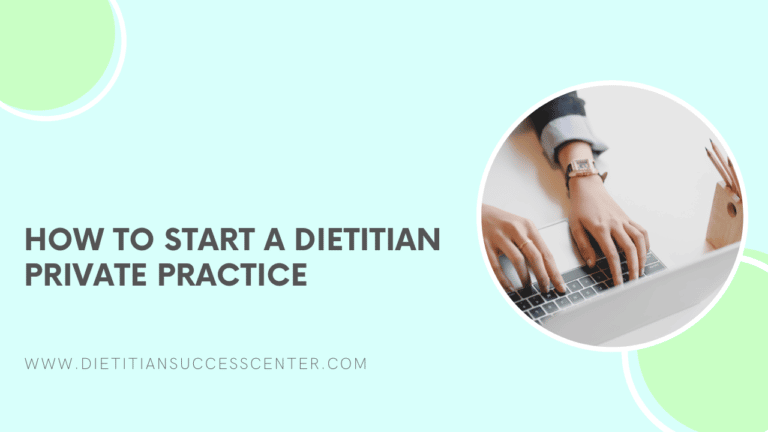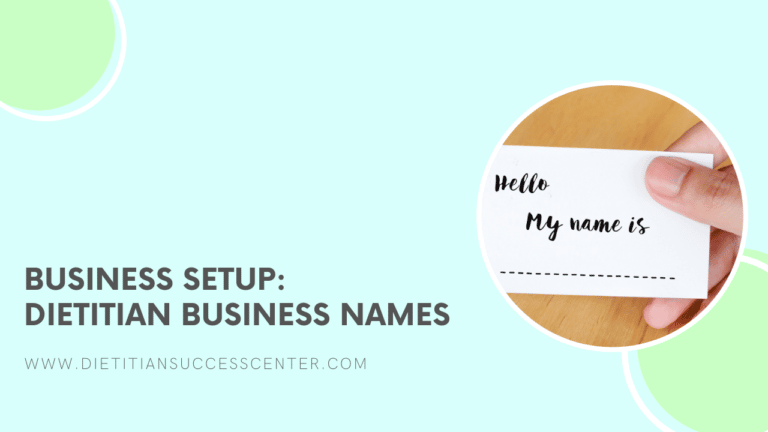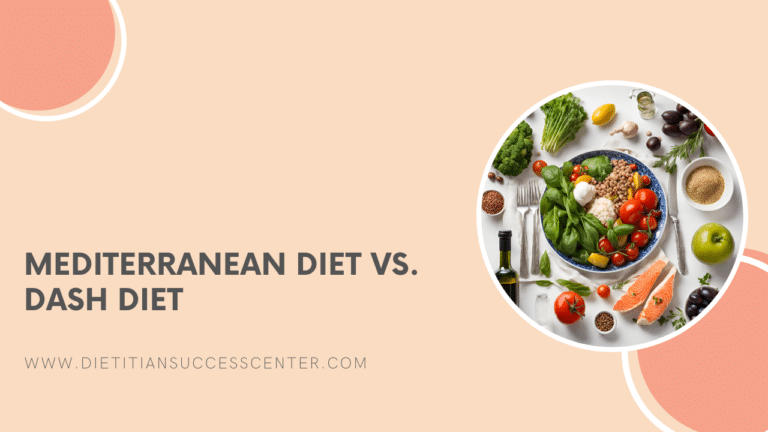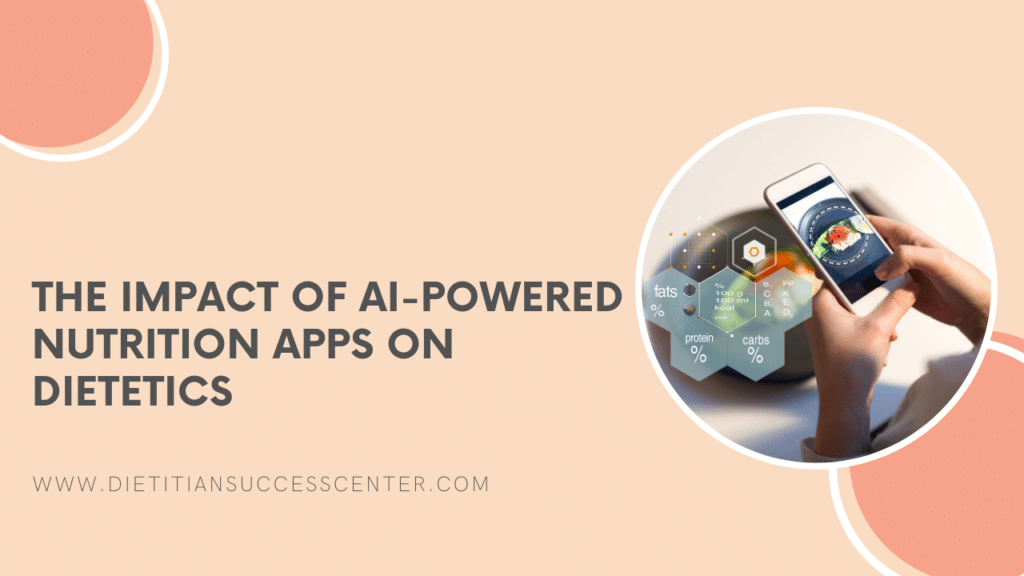
Written by Brooke McLean, MHSc(c), Dietetic Intern
Reviewed by Olivia Farrow, RD, MHSc & Maria Dellanina, RDN
In a time when tech continues to change our daily lives, artificial intelligence (AI) has entered the nutrition landscape. This article will explore the significance of AI-powered nutrition apps to reveal their impacts on dietetics, nutrition professionals, and clients.
What are AI Nutrition Apps?
Many AI nutrition apps have functions that allow users to log foods eaten using a single photo of their meal. AI nutritionist chatbots are also a feature of some apps that allow users to ask nutrition questions and get answers in real time. Other apps even partner with health organizations to obtain users’ medical information and make personalized recommendations using AI algorithms. Nutrition apps can potentially transform the field of dietetics and nutrition care as we adapt to AI technology.
Photo Recognition and Conversational AI
AI is a growing area of science that’s becoming increasingly popular in the nutrition app world. AI technology makes computer systems that can reason, learn, and act almost like humans. Photo recognition and conversational AI are exciting applications for users and practitioners alike.
Photo recognition gives computers “sight” that enables them to understand images. Advanced algorithms in deep learning make it possible for apps to automatically differentiate food items, estimate portion sizes, and predict ingredients from one meal photo (1). Apps such as MyFitnessPal, Lose It!, SnapCalorie, and RxFood have all incorporated a meal-scanning function that uses photo recognition. Most apps use a depth sensor on mobile phone cameras to estimate portion sizes.
-
- My Fitness Pal, Lose It!, and SnapCalorie detect foods using an algorithm trained on datasets of thousands of popular meals connected to photos and videos so that the apps can recognize and differentiate food items (2).
-
- RxFood is a nutrition app used in healthcare settings to cross-reference meal scan information with databases such as the Canadian Nutrient File, the US Department of Agriculture nutrient database, and food manufacturers to analyze nutritional data (3).
Conversational AI uses Natural Language Processing (NLP) to naturally understand and respond to words to converse with users (4). NLP is currently used in the SnapCalorie app, where users can ask diet-related questions and gain information tailored to the data they share with the app. The level of personalization is limited to what data users share, and apps still recommend speaking with a healthcare professional for more personalized advice. SnapCalorie uses the well-known AI chatbot ChatGPT to produce answers and guidance (5).
-
- When asked, “What foods should I eat more of with a large exuding wound?” The SnapCalorie chatbot recommends more protein from lean meats, fish, eggs, and legumes and foods rich in vitamin C and zinc, such as citrus fruits, berries, bell peppers, and nuts. The AI chatbot also suggests speaking with a healthcare provider for personalized advice.
Relevance of AI Nutrition Apps to Dietetic Practice
AI-powered nutrition apps have functions that can provide dietary information and guidance. Integrating AI through photo recognition and conversational interfaces may offer accessible nutrition information and timely advice for individuals who cannot see a dietitian.
Apps such as MyFitnessPal and Lose It! are not exclusively AI apps; however, they use AI to offer a “meal scanning” tool.
-
- The meal scan function can log ingredients and estimate the amount of food to provide users with macronutrients, micronutrients, and caloric content (6). Photo recognition AI may mitigate barriers to getting a diet history from clients, such as poor memory or being honest about food choices. Rather than collecting diet history from clients using a food frequency questionnaire or a 24-hour diet recall, dietitians can gain information directly from foods recorded in clients’ AI nutrition apps.
SnapCalorie and RxFood offer real-time nutrition guidance and feedback based on users’ dietary patterns, goals, and nutrition-related questions.
-
- RxFood integrates medical history with users’ eating habits to provide personalized nutrition recommendations. For example, patients who take photos of their food in the RxFood app receive a dietary assessment for their pre-diagnosis or diagnosis. The RxFood AI will set ongoing nutrition goals until their follow-up appointment with a healthcare provider (3).
The Potential of AI Nutrition Apps in Dietetic Practice
-
- Streamline Workflow: Real-time monitoring using chatbots and image recognition may improve the ability of dietitians to track and analyze diet history more accurately. Some evidence has shown that AI can provide dietetic assessment similar to the capabilities of a dietitian (1). A survey from RxFood reports time savings of 75% for healthcare providers to attain diet history (3).
-
- Ongoing Client Support: Clients can ask questions using conversational AI to gain quick tips and information between appointments. For example, when asked how to manage constipation, the SnapCalorie nutritionist recommends increasing fiber intake via fruits, vegetables, and whole grains, drinking plenty of water, and getting regular physical activity.
-
- Improved Outcomes: RxFood has partnered with Dexcom, a continuous glucose monitoring system that offers real-time recommendations for individuals with diabetes. According to RxFood, using their mobile app resulted in A1C reductions of 1.3% for individuals with type 2 diabetes and 0.8% for those with type 1 diabetes (3).
Common Misconceptions and Concerns About AI Nutrition Apps
-
- “AI will take away jobs from dietitians.”
-
- Although AI may be able to reason, solve problems, and make decisions, dietitians offer unique skills to provide nutrition counseling. AI can complement the nutrition care process through efficiency and monitoring. However, dietitians’ key roles include empathy and building client trust. Although AI technology has drawn inspiration from the human brain, it cannot be replicated to provide the same human connection between client and dietitian (8).
-
- “AI will take away jobs from dietitians.”
-
- “AI is always fair.”
-
- AI can perform complex tasks and solve problems; however, bias may be present. Implicit bias may exist since AI learns from people, and its training may include biases. For example, Amazon once had a recruiting tool trained on predominantly male resumes that showed bias against women by favoring words commonly used by male applicants (8). Regarding recording foods using the meal scanner function, nutrition apps may select recognizing Western foods over culturally diverse meals since the datasets of apps are trained on a finite number of foods.
-
- “AI is always fair.”
-
- “AI is 100% accurate.”
-
- AI can access large amounts of data to provide information, but it is not always 100% correct. A study testing the accuracy of RX Food’s photo recognition meal scanner found errors in calculating fiber content compared to traditional analysis using the ESHA Food Processor software (9). Additionally, meal scanning apps may not be able to assess the amount of oil used during cooking, leading to underestimations in calories and fat content. Meal scanning functions also have limitations in detecting ingredient swaps in familiar recipes. For instance, when scanning a bowl of macaroni and cheese, the meal scanner app will record butter and milk even though these ingredients were replaced with Greek yogurt and pasta water. It may prove difficult for meal scanning apps to detect not-so-obvious swaps in common recipes.
-
- “AI is 100% accurate.”
-
- “AI nutrition apps are for everyone.”
-
- SnapCalorie and Lose It! focus on weight loss as a primary incentive to use their apps. These apps may pose harm to individuals with disordered eating by reinforcing the patterns of restrictive eating. Although recording food intake and having consistent monitoring and suggestions may help to enhance the accuracy of diet history, this places a narrow focus on calories and nutrients rather than behavior changes, relationship with food, habit-building, or any other nutrition-related goals a client may have.
-
- “AI nutrition apps are for everyone.”
Practical Uses of AI Nutrition Apps
-
- Continuous Monitoring and Recommendations
-
- Apps like SnapCalorie and RxFood continuously monitor dietary habits, keeping clients engaged in their health journey between appointments.
-
- Nutritional recommendations offered by these apps serve as constant guidance, promoting adherence to dietary goals.
-
- Continuous Monitoring and Recommendations
-
- Increased Accessibility to Nutrition Information
-
- AI nutrition apps incorporating conversational AI can help clients who may have diet-related questions and cannot speak to a dietitian right away.
-
- Increased Accessibility to Nutrition Information
-
- Save Time Collecting Diet History
-
- The time saved on manual collection of dietary history can be redirected towards seeing more clients or offering more in-depth nutrition education.
-
- Save Time Collecting Diet History
-
- Complementary Tool
-
- AI nutrition apps should be offered as complementary tools rather than substitutes for professional advice. Educating clients about the benefits and limitations of these apps can help them make informed decisions.
-
- Complementary Tool
-
- Guidance in App Selection
-
- Dietitians can guide clients in selecting reliable and evidence-based apps that align with individual nutrition goals. Recommending apps like RxFood, known for its evidence-based approach, ensures clients receive high-quality information.
-
- Guidance in App Selection
Key Takeaways:
-
- AI nutrition apps like MyFitnessPal, Lose It!, SnapCalorie, and RxFood use photo recognition and conversational AI to assess dietary intake and provide tailored nutrition information.
-
- Photo recognition allows apps to analyze images, recognize food items, estimate portion sizes, and predict ingredients. This improves accuracy in collecting clients’ diet history.
-
- Conversational AI enables apps to understand dietary needs, health conditions, and nutrition goals, offering tailored nutrition advice.
-
- While AI can complement dietitians’ work by enhancing efficiency, errors and biases may occur, highlighting the irreplaceable role of dietitians.
-
- Dietitians can educate clients on the benefits and limitations of AI-powered nutrition apps, recommending them as complementary tools and guiding clients in selecting evidence-based apps for individualized nutrition goals.
Disclaimer: the information provided in all written materials is for educational purposes only and is not to be used as medical advice or to diagnose or treat a medical disease. It is strictly for informational purposes and is general in nature. Dietitian Success Center Inc. is not responsible and cannot be held liable for any actions or inactions taken related to the information provided. Consult with your local medical provider before implementing any dietary changes. It is hereby understood that the information provided does not replace medical advice provided by your healthcare provider.
- Dietitians can educate clients on the benefits and limitations of AI-powered nutrition apps, recommending them as complementary tools and guiding clients in selecting evidence-based apps for individualized nutrition goals.
References
- Bond, A., Mccay, K., & Lal, S. (2023). Artificial intelligence & clinical nutrition: What the future might have in store. Clinical Nutrition ESPEN, 57, 542–549. https://doi.org/10.1016/j.clnesp.2023.07.082
- Bandara, P. (2023, June 28). This App Can Calculate The Calories in Your Food Photos. PetaPixel. https://petapixel.com/2023/06/28/this-app-can-calculate-the-calories-in-your-food-photos/
- RxFood—Evidence-based, AI powered personalized nutrition. (2023). RxFood. Retrieved November 13, 2023, from https://rxfood.co
- What Is Artificial Intelligence (AI)? (n.d.). Google Cloud. Retrieved November 13, 2023, from https://cloud.google.com/learn/what-is-artificial-intelligence
- SnapCalorie AI Nutritionist on the App Store. (n.d.). Retrieved November 13, 2023, from https://apps.apple.com/us/app/snapcalorie-ai-nutritionist/id1574239307
- MyFitnessPal—Nutrition AI by Passio AI. (n.d.). Retrieved November 13, 2023, from https://www.passio.ai/case-studies/myfitnesspal
- Nussbaum, F. (2023). A Comprehensive Review of AI Myths and Misconceptions. https://doi.org/10.13140/RG.2.2.28098.15049
- Jefferson, K., Choi, E., Lichti, D., Alfonsi, J., Patel, B., Hamilton, J., & Arcand, J. (2021). Rx Food App: A Proof-of-Concept Study of an Image-Based Dietary Assessment Mobile Application. Current Developments in Nutrition, 5, 1001. https://doi.org/10.1093/cdn/nzab052_004
- MyFitnessPal—Nutrition AI by Passio AI. (n.d.). Retrieved November 13, 2023, from https://www.passio.ai/case-studies/myfitnesspal
- Snap ItTM—Lose It! (n.d.). Retrieved November 13, 2023, from https://www.loseit.com/snapit/
- MyFitnessPal—Nutrition AI by Passio AI. (n.d.). Retrieved November 13, 2023, from https://www.passio.ai/case-studies/myfitnesspal
- Sung, S. (2020, December 2). Introducing MyFitnessPal Meal Scan on iOS. MyFitnessPal Blog. https://blog.myfitnesspal.com/meal-scan/
- Calorie Tracker & BMR Calculator to Reach Your Goals | MyFitnessPal. (n.d.). Retrieved November 17, 2023, from https://www.myfitnesspal.com
- Lose It! – Calorie counting made easy. (n.d.). Retrieved November 17, 2023, from https://www.loseit.com/
- SnapCalorie—Single Photo Calorie Tracking. (n.d.). Retrieved November 17, 2023, from https://www.snapcalorie.com/
- RxFood—Evidence-based, AI powered personalized nutrition. (n.d.). RxFood. Retrieved November 17, 2023, from https://rxfood.co


